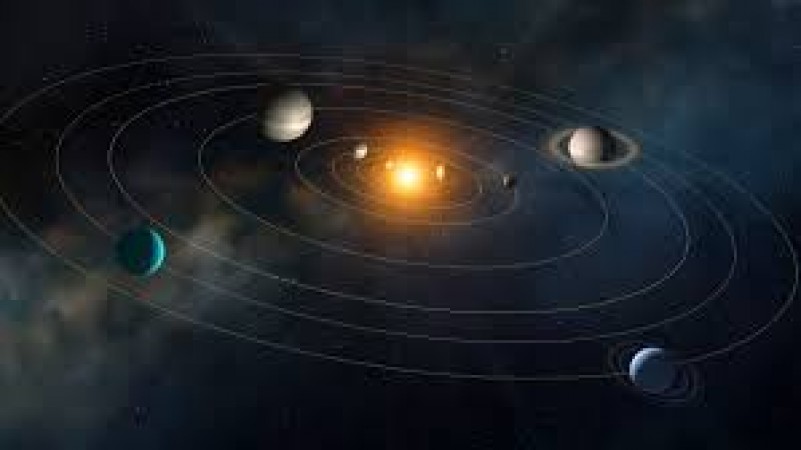
In the vast expanse of our Solar System, a mystery shrouds the existence of an enigmatic celestial body known as Planet Nine. As astronomers and space enthusiasts delve into the depths of our cosmic neighborhood, the quest for this elusive ninth planet has captured our imaginations. Let's embark on a journey through history and scientific inquiry as we explore the Planet Nine hypothesis.
Planet Nine Characteristics
Planet Nine, also dubbed "Planet X," is believed to reside in the far reaches of the outer Solar System. Theoretical calculations suggest that it could be approximately five to ten times the mass of Earth and possess an orbit far beyond Neptune. Its location remains uncertain, but astronomers have narrowed down the search area.
Origins of Planet Nine
Several theories attempt to explain the origin of Planet Nine. One posits that it could be a rogue planet captured by our Sun's gravity. Another proposes that it formed in the early Solar System but was later ejected to its current location due to gravitational interactions with other planets. Its long-term stability in such an eccentric orbit raises intriguing questions about its formation.
The Search for Planet Nine
Numerous astronomers and observatories worldwide have joined the quest to find Planet Nine. Advanced telescopes and cutting-edge technologies have been employed to scan the vast regions of the sky where this mysterious planet may hide. However, detecting an object so distant and faint is a significant challenge, making the search an ongoing endeavor.
Evidence Supporting Planet Nine
Despite not directly observing Planet Nine, compelling evidence has emerged supporting its existence. Observations of distant Kuiper Belt objects have revealed peculiar orbital anomalies that could be influenced by the gravitational pull of a massive, unseen planet. Additionally, computer simulations and modeling have offered further validation for the Planet Nine hypothesis.
Alternative Explanations
As the search for Planet Nine continues, alternative explanations have been proposed. Some scientists speculate that the anomalies in the orbits of distant objects could be attributed to the presence of primordial black holes, rather than an undiscovered planet. Others suggest that the gravitational perturbations may arise from the interactions of various trans-Neptunian objects.
Ongoing Research and Future Prospects
The hunt for Planet Nine shows no signs of waning. Scientists remain committed to exploring the outer Solar System, using new technologies and collaborative efforts to refine their search. The search for Planet Nine has spurred excitement and curiosity within the scientific community, driving a relentless pursuit of answers. In the vast tapestry of the cosmos, the hunt for Planet Nine stands as a testament to humanity's insatiable curiosity. The possibility of discovering a new member of our Solar System family excites astronomers and enthusiasts alike. Whether Planet Nine is eventually found or not, the journey of exploration has enriched our understanding of the universe and reminded us of the wonder that lies beyond.
Iraq condemns the most recent Copenhagen Qur'an burning
Intrigue and Devotion: Understanding the Secretive Gods of Hindu Faith